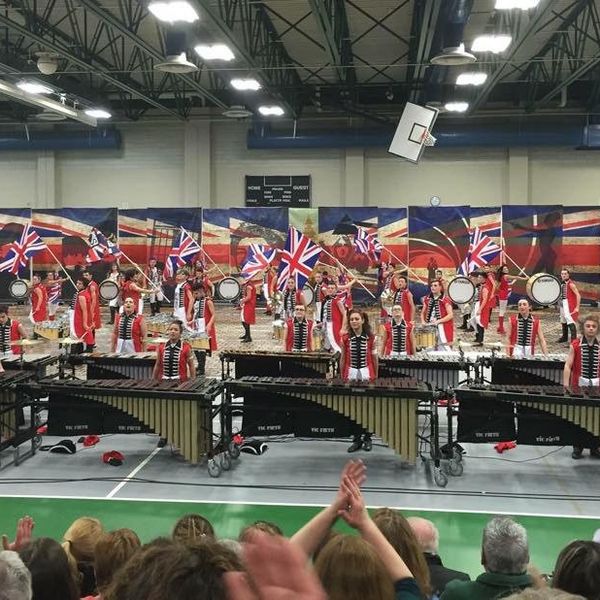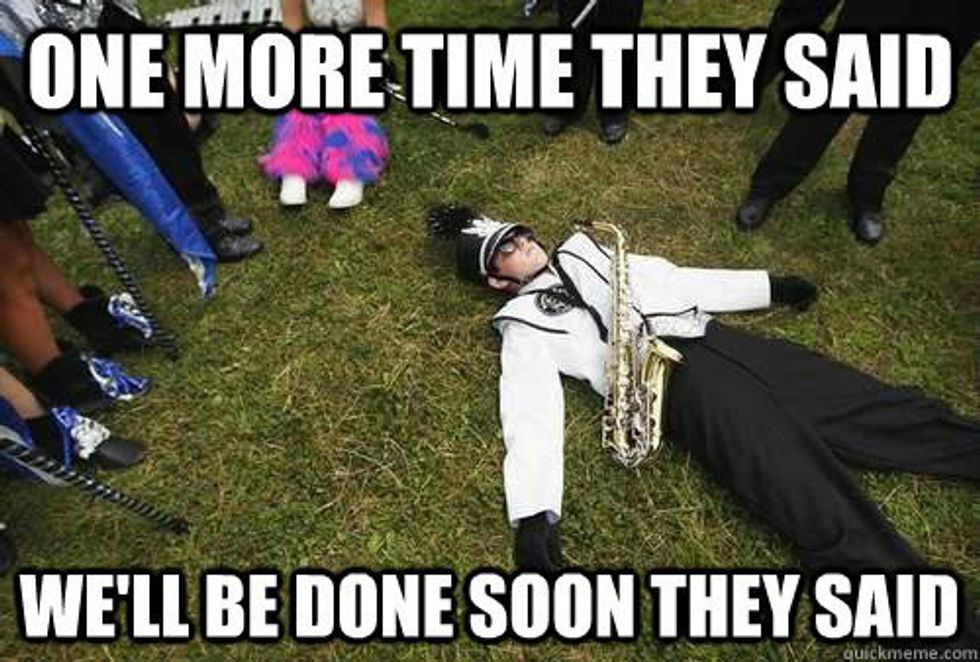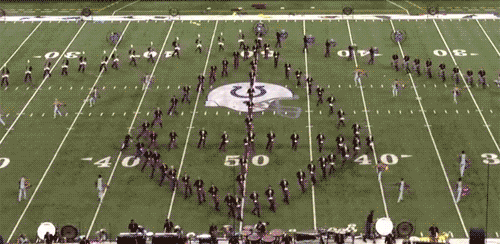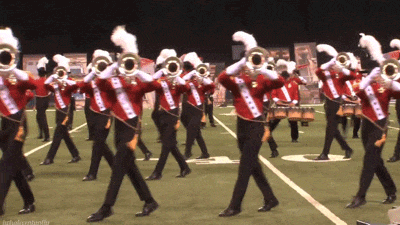Early mornings, long bus rides, black socks, and good music. That's what I think of when I look back on my six years in marching band. It seems like it's true that you never quite know what you have until it's gone, because it was only after my final season had ended that I began to realize just how much I had learned and accomplished throughout my six years in the Midland Park High School Marching Band. Marching Band is so much more than getting up early to go to a competition, spending long summer days learning your place on the field, and playing pep songs at football games. I made great friends, helped set a new school record, and fostered my passion for music. Even beyond that, I acquired a set of skills and countless lessons that I would use long after I marched off the field for the last time. Here's what I learned in high school marching band.
1. Importance of deodorant.

2. How to change without shame or indecency absolutely anywhere.
You think changing in the locker room was awkward the first time? Imagine completely changing on a bus with 40 other people that is parked about 1 foot from another bus with about 40 other people who are also changing. After that, all your shame just packs its bags and never comes back.
3. "One more time" never means just one more time.
In marching band, when the director says, “OK, one more time,” it never means one more time. It doesn’t even mean two more times. It probably means five more times. It doesn’t matter if there’s only five minutes left in rehearsal or if you’ve already gone fifteen minutes overtime, one more time never means just one more time.
4. When to goof off and when to get your work done.
Perhaps one of the most valuable lessons I learned from marching band was how to distinguish between the time for jokes and the time for work. From the months of August to October you spend more time with your fellow band members than you do with your family; they become your second family so laughs and jokes are inevitable. Some of the best memories I have from my years in Marching Band are of jokes made and pranks pulled during rehearsal breaks, championship hotel stays, bus rides to competitions, and officer meetings. Regardless, you learn to keep a focus on what you joined marching band for -- to communicate a message and make amazing music together with your fellow band members. Of course, there are times for jokes but you quickly learn to be alert and stay focused, because if you aren't, you might just be run down by a tuba.
5. Punctuality, organization, and discipline.
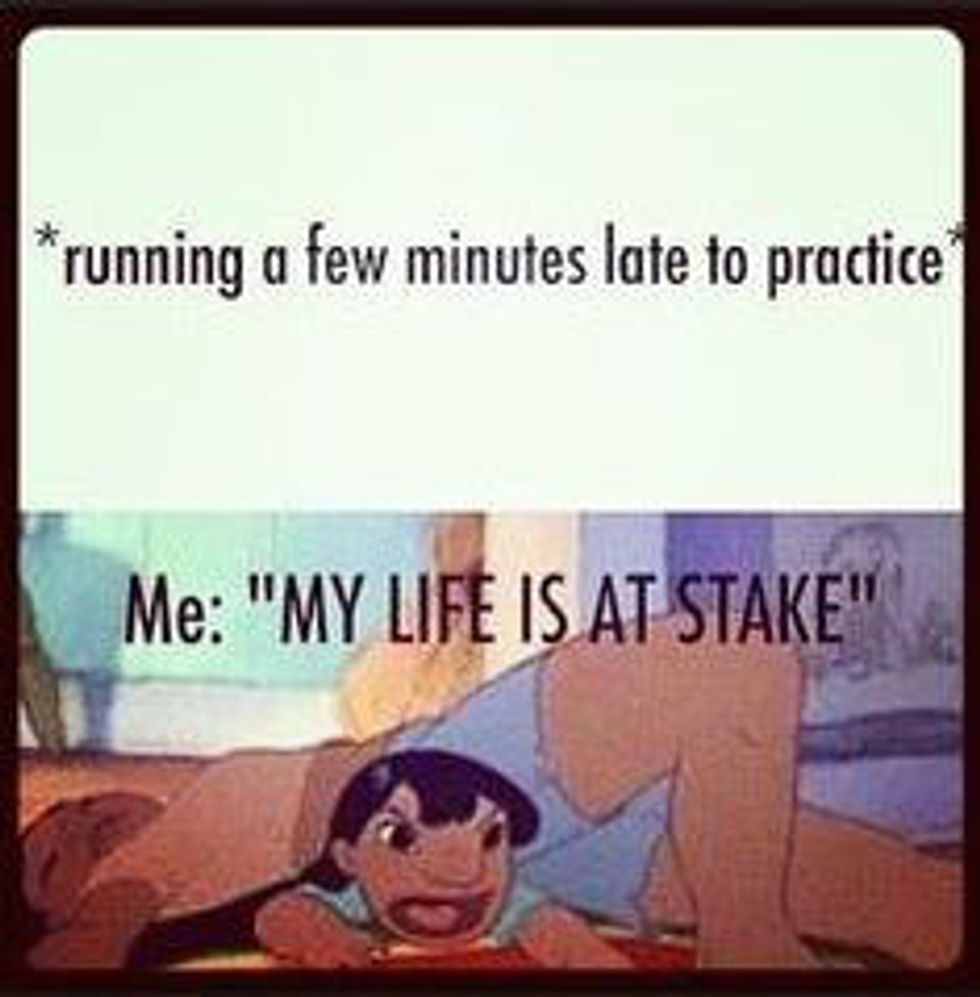
6. Leave it all out on the field.
Before every competition performance, my band director would give us a pep talk that always included the phrase “leave it all out on the field.” When I first started marching I wasn’t really sure what that meant. As I got older and I became more passionate about music and marching band I realized what he meant. Not only did that mean to give 110 percent physically, but mentally. Sure, you were going to be exhausted when you got off the field after running around for 10 minutes, but you should also be drained from playing your heart out. Music is such a powerful medium for conveying stories and emotions, and to compromise that by not being all in it is to sacrifice the gift that music is.
7. True meaning of friendship.

8. Power of music to bring people together.
"Music is the universal language of mankind." Longfellow could not be more correct if he tried. The most powerful and poignant lesson that I learned in marching was to understand and appreciate the power of music. It has the power to bring 50 something people of a large ranges of ages together to make something beautiful. It has the power to leave an audience in tears, screaming with joy, or absolutely speechless. Through each season of marching band, I watched a group of students go from practically strangers to the best of friends. I heard passage go from muddy and strained to precise and powerful. Kids who came into the band shy and quiet beginners turned into leaders and musicians. Marching band taught me the power of music on and off the field.


